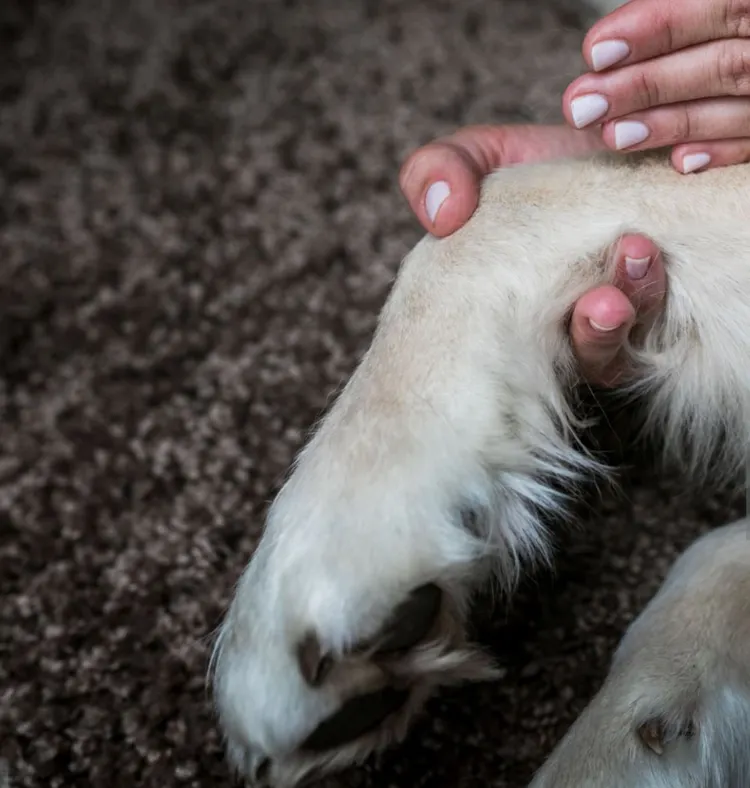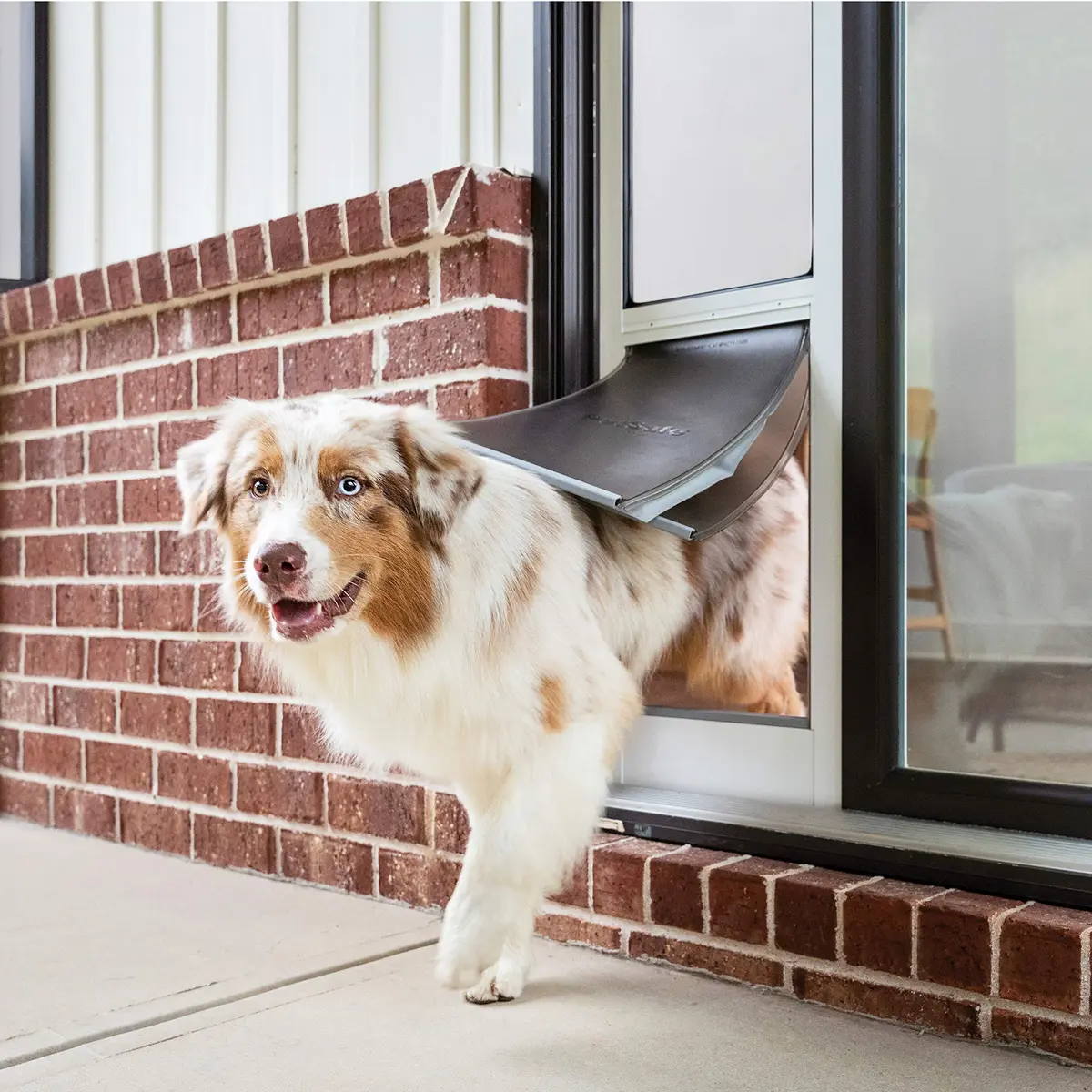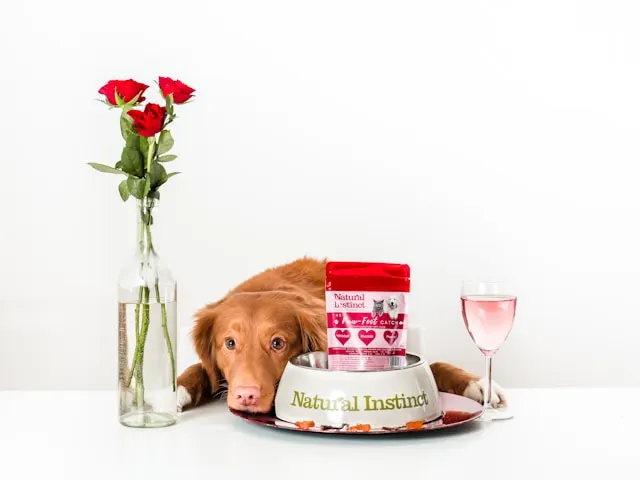Noticed your pup limping or obsessively licking their paw? A swollen paw is often a sign of discomfort in dogs, and it’s essential to figure out what’s causing it to give your furry friend the relief they deserve. As a veterinarian, I know firsthand that identifying the root cause of paw swelling and applying the right treatments can prevent discomfort and complications.
Common Causes of Paw Swelling in Dogs
Swollen paws can stem from several causes, ranging from minor irritants to more serious conditions. Here are some of the most common reasons for paw swelling and what each one might entail:
1. Injuries or Trauma
Dogs can easily injure their paws while running, playing, or even walking on rough surfaces. Cuts, punctures, scrapes, or sprains can lead to swelling.
- Signs: Look for visible wounds, limping, or your dog holding up their paw.
- Treatment: Minor cuts can often be managed at home, but deeper wounds might require professional care to prevent infection.
2. Allergic Reactions
Dogs can develop allergies to things like pollen, grass, or household cleaning products. These allergens can cause itchy, swollen paws, especially after outdoor activities.
- Signs: Redness, itching, and sometimes a rash on the paws.
- Treatment: Gentle washing and using hypoallergenic pet-safe products can reduce the chances of irritation.
3. Insect Bites or Stings
Insect bites from bees, ticks, ants, and other bugs can lead to sudden swelling, especially if your dog has an allergic reaction to the sting.
- Signs: Swelling, pain, or a visible bite mark on the paw.
- Treatment: Most minor bites can be managed with at-home remedies, but watch out for allergic reactions, such as facial swelling or trouble breathing, which require immediate veterinary care.
4. Infections or Abscesses
Untreated wounds can become infected, leading to abscesses or bacterial infections. Left untreated, these can be very painful and lead to more severe issues.
- Signs: Warmth, redness, pus, and your dog may avoid putting weight on the paw.
- Treatment: Mild infections might be manageable at home, but severe infections require antibiotics from the vet.
5. Foreign Objects
Sharp objects like glass, seeds, or small pebbles can lodge in the paw pads or between the toes, causing swelling and irritation.
- Signs: Limping, licking the paw, and sometimes visible debris.
- Treatment: Carefully remove the object if possible; if embedded deeply, consult a vet.
Eco-Friendly Home Remedies for a Swollen Paw
Here are some sustainable, natural remedies to help soothe and heal a swollen dog paw.
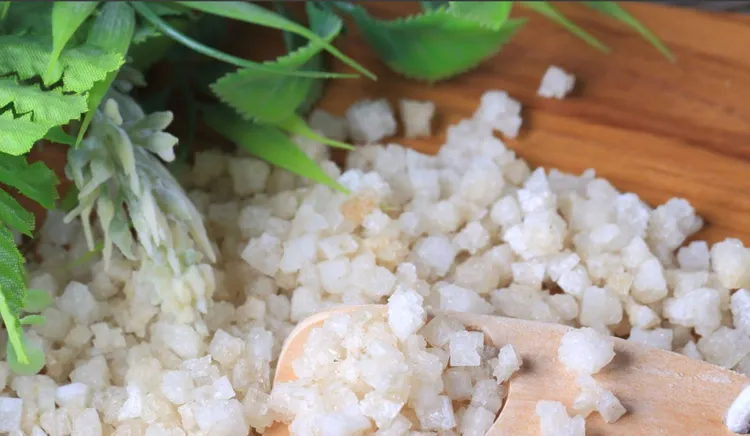
1. Epsom Salt Soak
A warm Epsom salt bath can help reduce swelling, draw out minor infections, and soothe sore paws.
- Instructions: Dissolve a tablespoon of Epsom salt in a bowl of warm water. Soak your dog’s paw for about five minutes, two to three times daily.
- Benefits: Epsom salts are a natural way to relieve inflammation and pain, and they’re safe when used in moderation.
2. Aloe Vera Gel
Organic aloe vera gel can work wonders on irritated, swollen skin.
- Instructions: Apply a small amount of pure, organic aloe vera gel directly to the affected area.
- Benefits: Aloe vera has natural anti-inflammatory and moisturizing properties, making it perfect for soothing sore paws. Just make sure your dog doesn’t lick it off, as it can cause mild stomach upset if ingested.
3. Turmeric Paste
Turmeric is known for its powerful anti-inflammatory and antibacterial properties, which can support healing for minor injuries.
- Instructions: Mix a pinch of turmeric powder with a few drops of water to create a paste. Gently apply it to the swollen area and cover with a bandage.
- Benefits: Turmeric can speed up healing and reduce pain, and it’s a sustainable alternative to synthetic creams. However, avoid using turmeric on open wounds.
4. Calendula Cream
Calendula is a flower known for its antibacterial and anti-inflammatory properties.
- Instructions: Gently apply organic calendula cream to the swollen paw once or twice a day.
- Benefits: Calendula is great for treating mild infections and inflammation, and it’s safe for dogs when applied topically. Opt for a high-quality, organic version to ensure no harmful additives.
When to See the Vet
While many paw issues can be treated at home, there are times when veterinary attention is essential. Seek vet care if you notice:
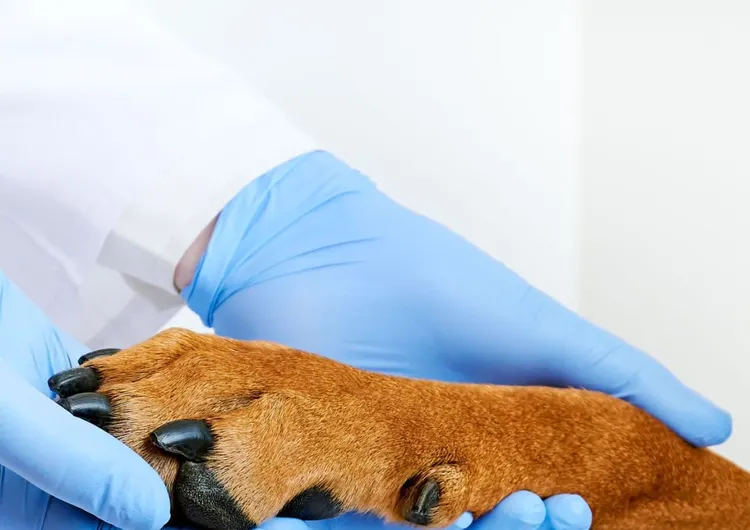
- Persistent Swelling: If swelling doesn’t subside within a few days.
- Bleeding: Visible bleeding or deep cuts require professional treatment to prevent infection.
- Lameness: If your dog refuses to put any weight on the affected paw.
- Visible Infection: Signs of infection, like pus, warmth, and a foul odor, are indicators that you may need antibiotics.
- Systemic Symptoms: Fever, vomiting, or extreme lethargy along with paw swelling could signal a more serious underlying issue.
Preventive Tips for Paw Care
Regular care and attention can help keep your dog’s paws in excellent shape and prevent swelling or injury. Here are some simple preventive tips:
- Wipe Paws After Walks: Especially after walks on rough or potentially contaminated surfaces, use a damp cloth to wipe your dog’s paws. This helps remove allergens, dirt, and chemicals that could irritate their skin.
- Regular Inspections: Check your dog’s paws regularly for debris, cuts, or any signs of irritation, especially after long hikes or walks in unfamiliar areas.
- Natural Paw Balms: Organic paw balms can help protect your dog’s paw pads from environmental elements like hot pavement, salt, and rough terrains. Look for products with natural ingredients like beeswax, coconut oil, and shea butter.
- Eco-Friendly Lawn Care: Avoid using chemical-based pesticides and fertilizers on your lawn. Opt for natural alternatives that are safe for pets and the environment. Chemical-free environments reduce the chances of allergic reactions and toxic exposure.
Conclusion
Swollen paws can be uncomfortable for your dog, but with a little care and the right eco-friendly remedies, you can help them heal quickly. From Epsom salt soaks to natural balms, these gentle solutions provide relief and align with an eco-conscious lifestyle. And remember, when in doubt, consult your vet—early intervention can prevent minor issues from becoming major concerns.

